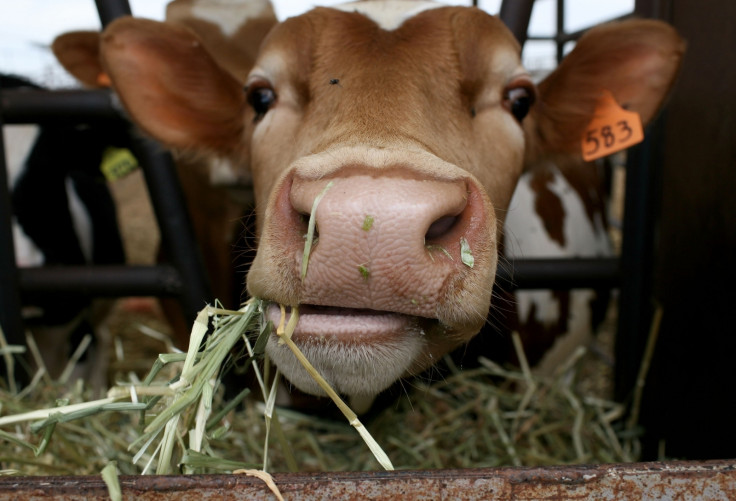Thousands of cows die in Kansas due to extreme heat
Kansas is one of the US' biggest cattle farming states.
Extreme temperatures have started to take their toll worldwide, with thousands of animals losing their lives due to the heatwave.
The record-breaking temperatures in Kansas, USA, has led to the deaths of as many as 2,000 cattle so far, according to the Kansas Livestock Association. The temperatures had crossed the 40 degree Celsius mark last week.
However, People for the Ethical Treatment of Animals (PETA) has also blamed the "unethical" practices of the animal agriculture industry for their deaths.
"The climate catastrophe is only intensifying, in large part due to the exploitation of animals in agriculture, so it's no shock that heat waves are on the list of disasters," it said in a report.
Kansas is one of the biggest cattle farming states with a population of more than 6.5 million. It has twice as many as cows as people, and is one of the top three beef producing states, writes The Guardian.
This is not the only incident where animals have died due to an extreme heatwave. At least 3.4 million hens died due to extreme heat in Argentina earlier this year. The temperature in the country had then crossed the 45 degree Celsius mark.
The US authorities have issued heatwave alerts for more than 9 million people across eight states in northern and central US.
Climate change is causing record-setting temperatures to become more frequent and is not only affecting humans but animals as well. Globally, the decade to 2019 was the hottest recorded, and the five hottest years have all occurred within the last five years.
According to US' National Weather Service, an average of 138 people were killed every year between 1990 and 2019 due to excessive heat. It is not just the US, but countries all over the globe have been seeing high temperatures. The experts have warned that increasing temperatures will only deteriorate the situation for livestock and farmers.
"What is clear is that the livestock (and human, for that matter) heat stress issue will become increasingly challenging for livestock farmers to deal with, as the world warms," said Philip Thornton, a climate researcher and professor.























